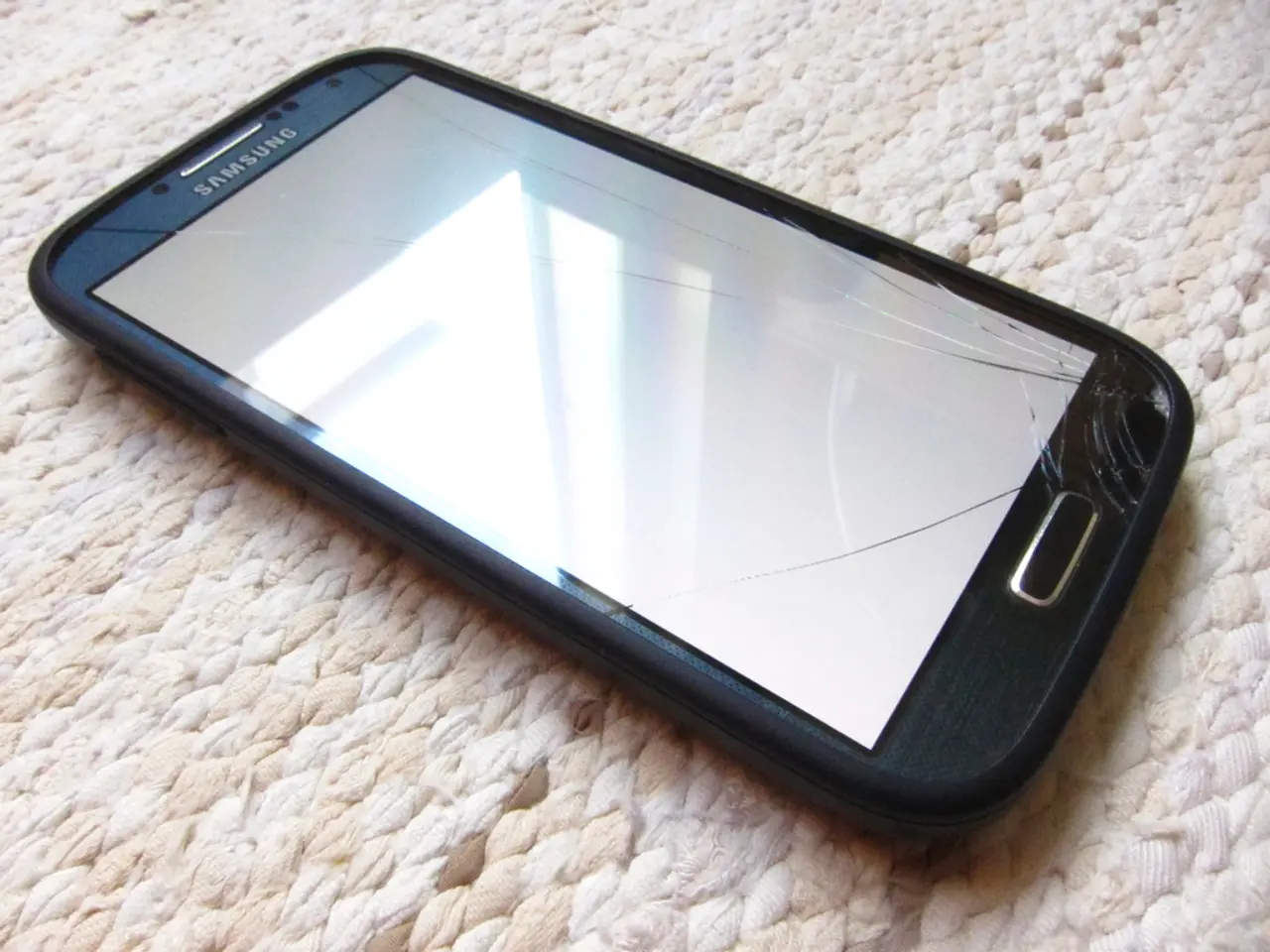Tracking Devices in Smartphones: Risks and Malicious Applications
Cell phone locators, designed to help us find our lost devices or keep track of our loved ones, have become a common tool in our digital lives. However, these devices come with their own set of privacy concerns and potential risks that users must be aware of.
Cell phone locators can be divided into two main categories: hardware-based and software-based. Hardware-based locators are small devices attached to or placed within the phone's case, using Bluetooth or Wi-Fi for communication. On the other hand, software-based locators rely on GPS technology and mobile networks for location determination, accessible through a web interface or mobile app.
While cell phone locators offer convenience, they can also be used for unauthorised tracking and stalking. Stalkers may exploit location tracking apps or cell phone locators to track individuals without their consent, leading to serious violations of privacy and personal safety risks. It's essential to remember that tracking someone’s phone without informed consent is illegal and unethical, and misuse can entail legal consequences.
Another privacy concern is data privacy breaches and third-party sharing. Location data collected by apps is often sold or shared with data brokers, sometimes reaching entities users never intended to share with, including military contractors or government agencies. This can happen even when users think their location data is “anonymized,” but re-identification is often easy through unique location patterns and cross-referencing with other personal data.
Legal grey areas and covert surveillance are another issue. Techniques like "silent SMS" can track the location of a phone covertly without any notification to the user. While law enforcement may use such methods legally, concerns about lack of transparency and potential overreach beyond serious criminal investigations persist.
Security vulnerabilities and exploitation are also a significant concern. Mobile devices can be compromised through malware, phishing, or app vulnerabilities, which attackers can exploit to gain unauthorised access to location data and other private information. Lost or stolen devices can also expose location and data to thieves or hackers.
Finally, certain groups, such as military personnel, are concerned that publicly accessible location trackers (including social media features like Instagram’s location map) could inadvertently reveal sensitive information, posing security and operational risks.
In conclusion, cell phone locators raise key privacy concerns about unauthorised tracking, misuse of location data by third parties, covert surveillance without notification, and exploitation through device or app vulnerabilities. To mitigate these risks, users should take steps to protect their privacy and security, such as using a secure password, keeping the software and device up-to-date, and being mindful of who has access to the device and location information. By being aware of the potential risks associated with cell phone locators and taking steps to protect personal information and privacy, individuals can use cell phone locators with confidence, knowing that they're taking advantage of a useful and secure technology.
[1] Electronic Frontier Foundation. (2020). Location Privacy. https://www.eff.org/issues/location [2] The Guardian. (2019). How to protect your phone from hackers. https://www.theguardian.com/technology/2019/oct/28/how-to-protect-your-phone-from-hackers [3] National Network to End Domestic Violence. (2019). Stalking and Technology. https://nnedv.org/initiatives/stalking-and-technology/ [4] The Intercept. (2018). How the DEA Tracks Suspects Using Secret GPS Devices, and What That Means for Your Privacy. https://theintercept.com/2018/04/18/dea-gps-tracking-devices-privacy/ [5] The New York Times. (2017). How the Military Is Fighting Back Against Social Media. https://www.nytimes.com/2017/07/23/magazine/how-the-military-is-fighting-back-against-social-media.html
- Software-based cell phone locators, using GPS technology and mobile networks, can potentially be exploited by stalkers for unauthorized tracking, raising concerns about privacy and personal safety.
- To protect privacy and security, users of cell phone locators should be mindful of who has access to their device and location information, and take steps such as using a secure password, keeping the software and device up-to-date, and being aware of the potential risks associated with these devices.




